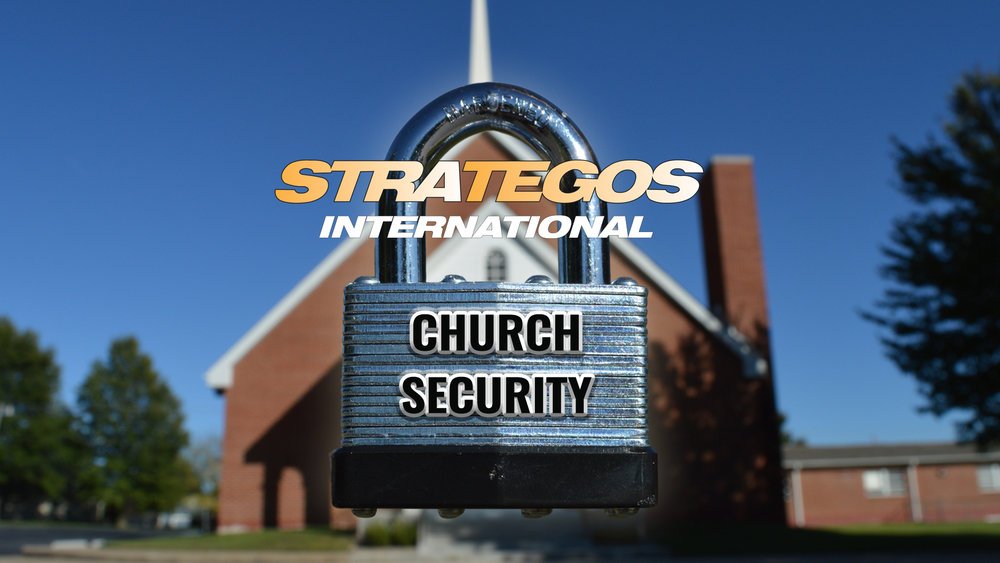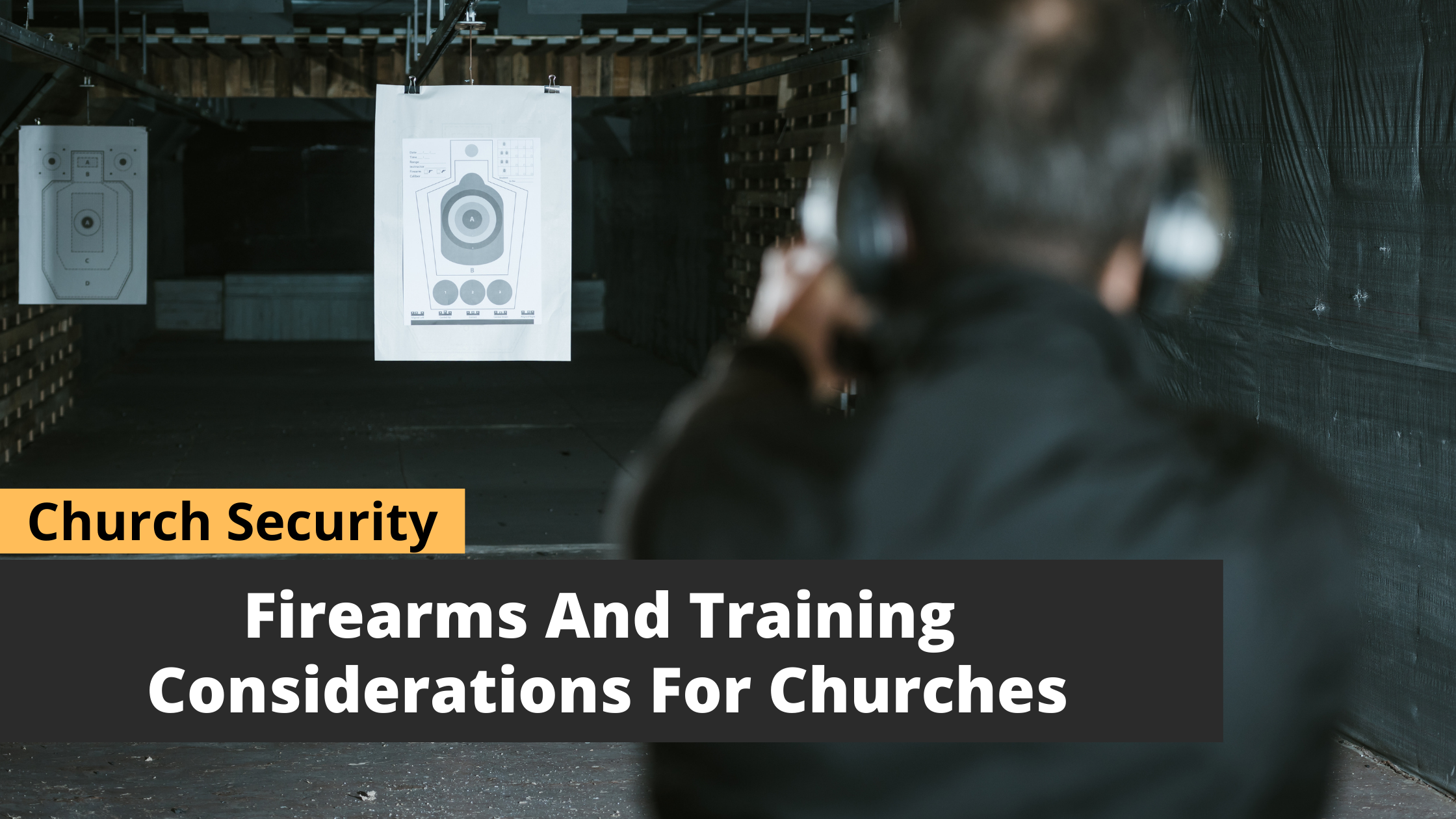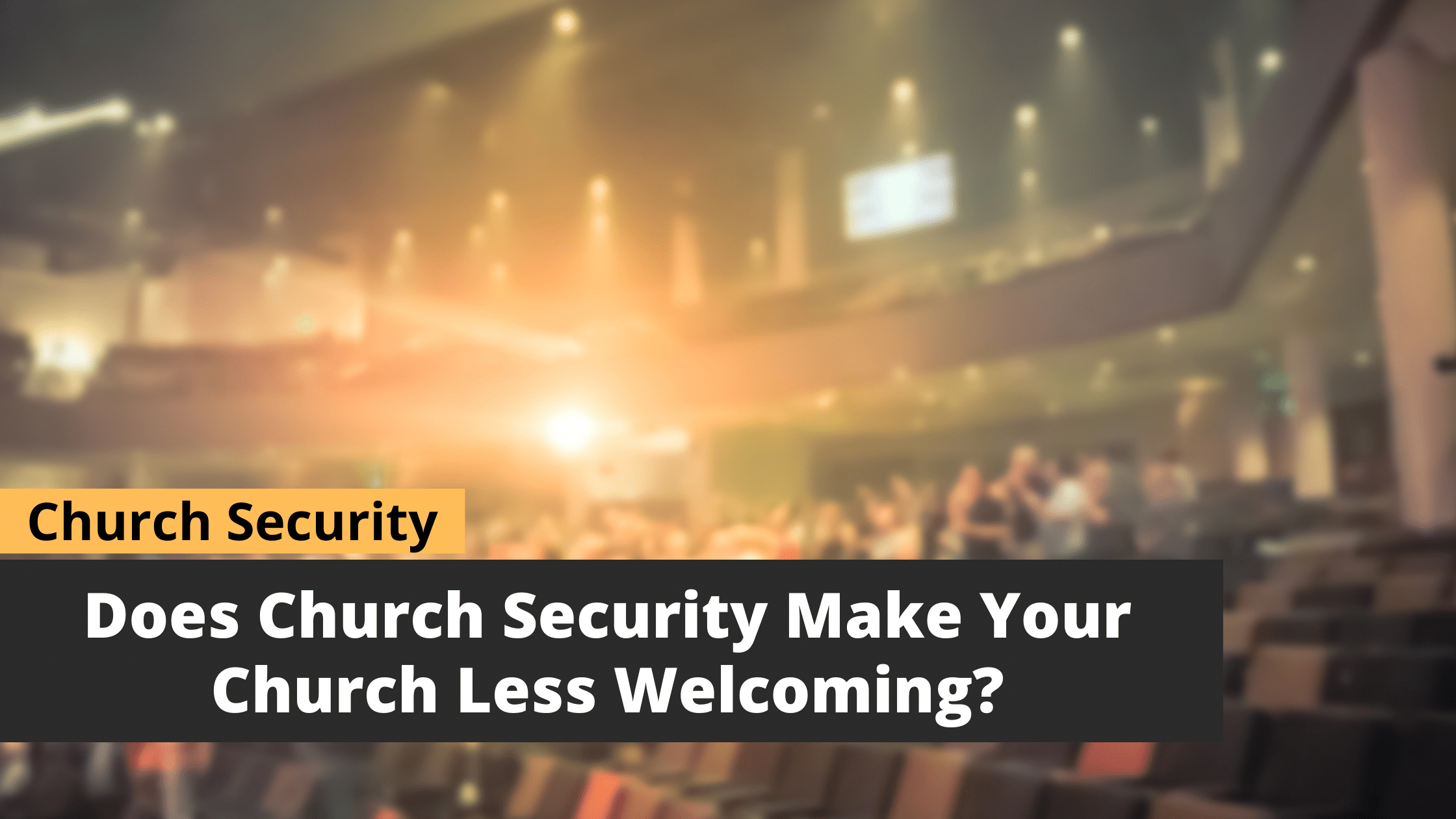Church Security
Church Security 101: Should Congregations Fight Back?

We’re called to be peacemakers. What does that mean for security?
One of the most common objections we hear about church security is that, since God will protect His own, no defense is necessary. In fact, it might just be immoral.
I am not a theologian, but I am a committed Christian and lifelong protector. I respect people’s commitment to pacifism and non-violence. In fact, I’d be delighted if my team and I – and you – never experienced another violent encounter.
But if you read the headlines, that’s simply not the reality of our broken world.
We all resist aggression
Even most self-described pacifists.
- Do you lock the door of your church, car or home?
- If your family was attacked at a shopping mall, would you sit by and do nothing, content to pray that the attack would stop?
- What if you saw a dog attacking a small child? Or an elderly person?
Most pacifism, however well intended, breaks down at some point. We step up and protect the innocent if we are able because it’s the right thing to do.
Counteracting violence and defending the innocent and helpless can take many forms. It may mean calling 911, distracting the aggressor, locking a door or helping someone out a back exit so they can escape. Some people believe they should be expertly trained with a weapon, while others do not. Everyone should certainly pray.
Churches should be welcoming, but not vulnerable
Our churches, by necessity, are wide open environments where everyone is welcomed in spite of their hangups. We don’t (yet) have metal detectors or frisk people at the doors.
Almost anyone can wander inside. And after the church service has started, there’s usually no one looking at the back door.
Since this is true, we at Strategos believe churches should be – at minimum – aware and alert.
After that decision, each church and pastor is going to take a different approach. Some will opt for armed security, while others will advocate a disarmed security presence.
Church security does not mean trigger happy, untrained or unhinged volunteers. It means being humble, aware, prayerful, mindful and responsible for the people that God has put into our care.
Whatever you decide, it can’t compromise your core mission of mercy. And it doesn’t have to.
What is the next step for your and your ministry today? Let us know how we can serve you.
Recommended resources







